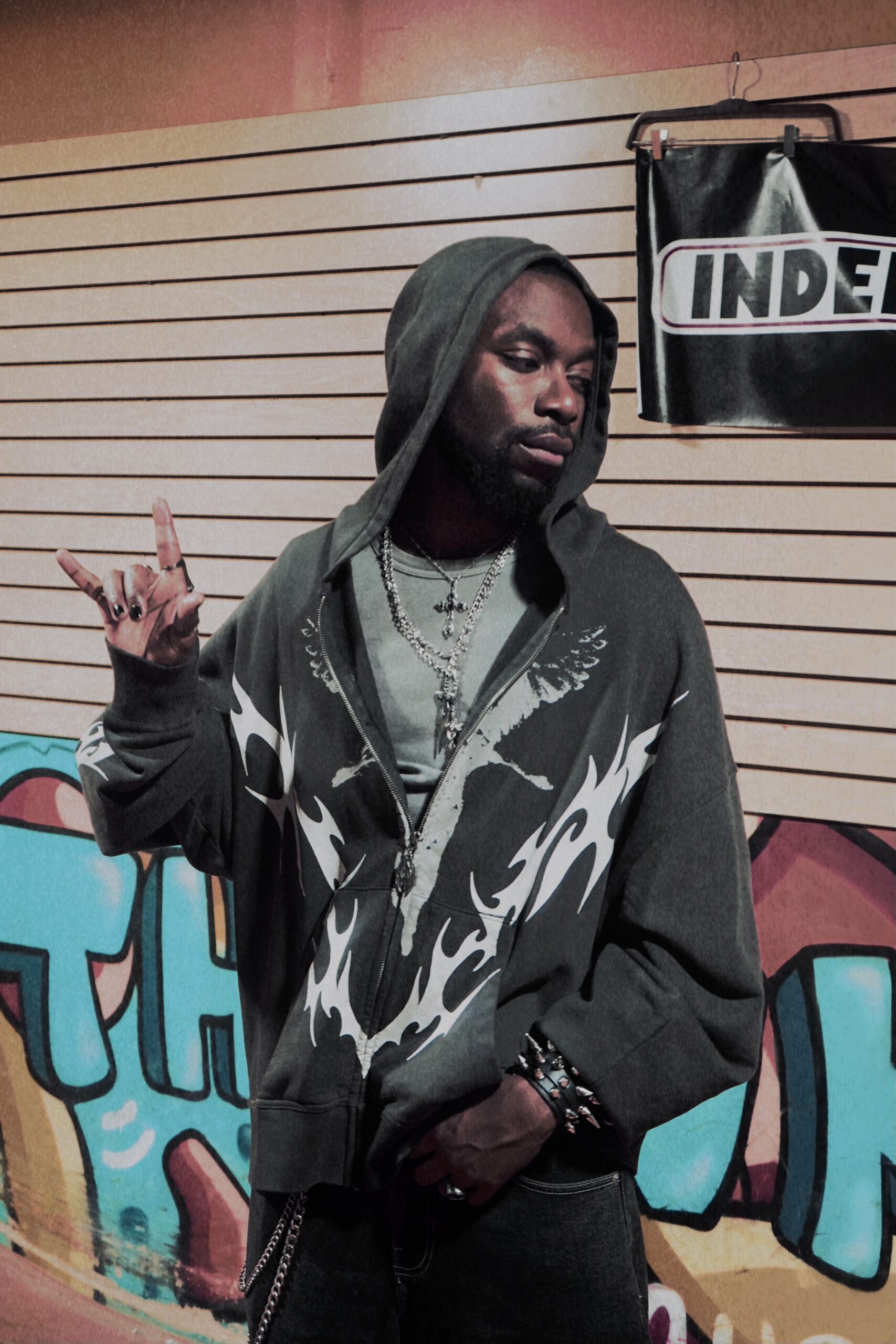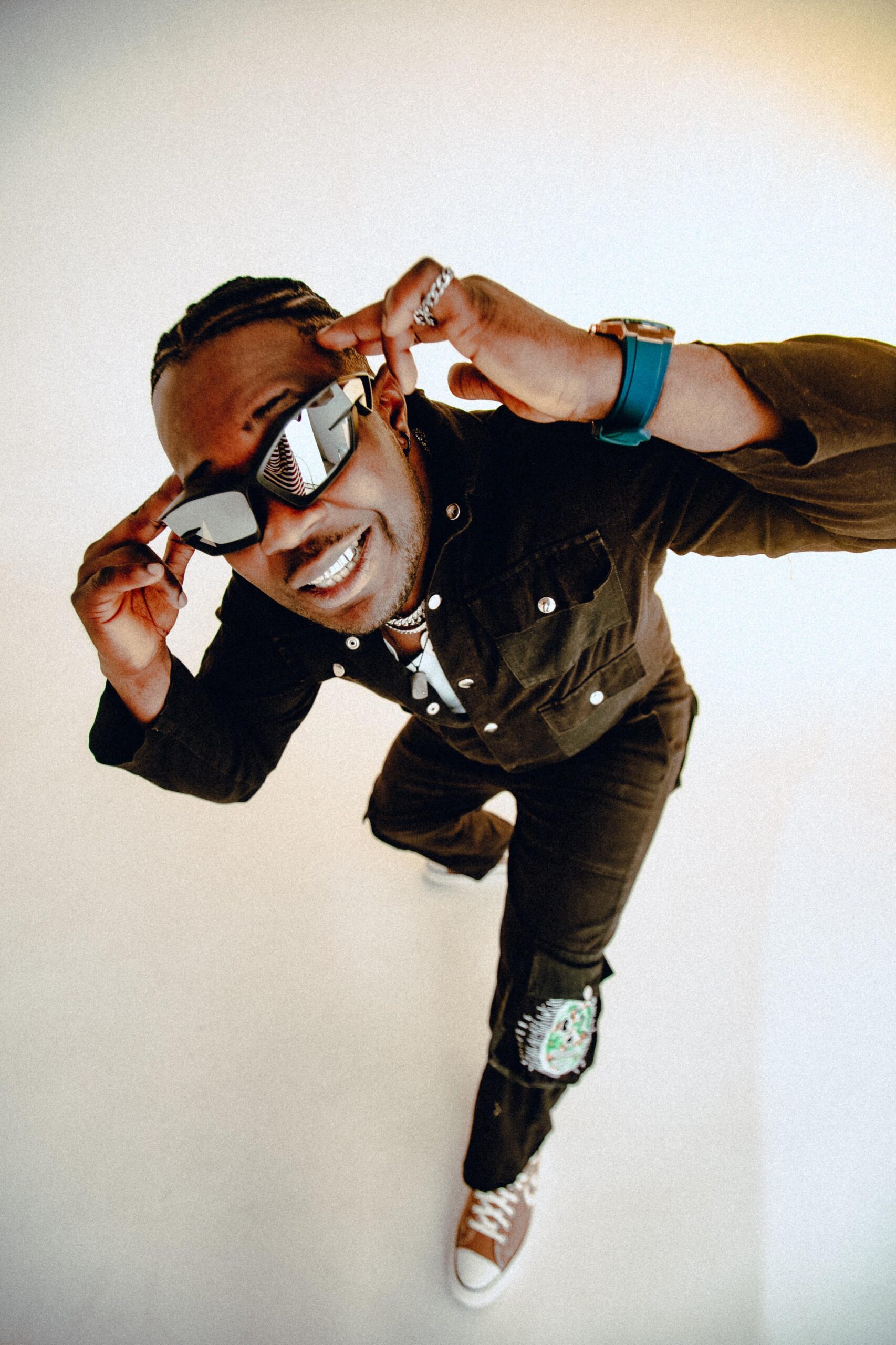Bomi Anifowose
There’s a weariness rippling beneath the shimmer of Afrobeats, a subtle exhaustion that no one wants to name. It’s not in the rhythms, which still know how to make a body move. It’s in the tone: that familiar inflection of bravado, heartbreak, and hedonism that once sounded liberating but now feels like déjà vu dressed in designer.
It’s what advertisers call ad fatigue, when repetition dilutes persuasion. In Afrobeats, that same loop exists, only sonically. Tone fatigue is when the voice that once thrilled begins to echo itself too faithfully; when identity calcifies into formula.
Of course, this isn’t a Burna Boy story. But his career offers a near-perfect illustration.
Burna’s voice used to sound like consequence, all thunder and velvet, capable of prophecy one minute and profanity the next. On “Ye”, he sermonized; on “Anybody”, he strutted; on “Last Last”, he bled out loud. But somewhere between his previous two albums, that same rasp, that divine, molten growl, started to feel overfamiliar. Not empty, just expected.
And perhaps that’s partly why No Sign of Weakness didn’t quite detonate the way his earlier albums did. Not because it lacked depth, but because it lacked danger. We’d heard this Burna before, the philosopher, the survivor, the global envoy. The problem wasn’t the voice; it was the storyline.
Which is, in truth, the larger Afrobeats dilemma: not sonic monotony, but narrative inertia.
Too many artists have built sonic brands so airtight they’ve forgotten how to breathe within them. The same swaggering monotone, the same mid-tempo log drums, the same emotional register of defiance and hedonistic desire.
But maybe the fatigue isn’t entirely homegrown. Maybe the monotony lives in the export pipeline , what global gatekeepers choose to amplify as “the sound of Africa.” Because if you listen beyond the playlists, Afrobeats isn’t still; it’s splintered into vivid microcultures: The street spirituality of Asake’s Afro-church amapiano; The celestial melancholy of Tems and Bloody Civilian’s Afro-R&B; Odumodublvck’s gritty trap fusion; And Ayra Starr’s glossy pop defiance.
Afrobeats isn’t uniform, the mainstream narrative is. The fatigue exists not in creation but in curation.
And yet, even within the mainstream, there’s another dimension to this conversation: the production frontier. If you isolate the beats, the producers are still pushing boundaries. Pheelz, Magicsticks, London, Tempoe, and Sarz are weaving African percussion with gospel chord progressions, dancehall swing, and jazz phrasing. The instrumentals keep evolving; it’s often the voices that remain static.
Burna’s fatigue, then, might not be sonic stasis but vocal-ideological dissonance, his voice hasn’t aged with his production. The fire’s still there, but it’s trapped in an older mythology.
And that’s the thing about fatigue: it isn’t always about sound; sometimes it’s about what the sound keeps insisting on being.
Still, to call Afrobeats “tired” might be an overreach. What’s happening feels more like a commercial plateau, the genre has reached its saturation point of global familiarity. Just as T-Pain’s autotune era plateaued, not because it lost creativity, but because it conquered its purpose. The same cycle happened to juju, Fuji, and highlife before they regenerated. History suggests that fatigue, in African pop, is not death but chrysalis.
Perhaps this is Afrobeats’ own regenerative lull, a resting heartbeat before the next mutation. The peripheries (Accra, Nairobi, Johannesburg) are already experimenting their way out of the loop. The Lagos-London sound might be tired, but the continent’s pulse isn’t.
And let’s not ignore the capitalist dimension. Algorithmic culture rewards repetition, songs that sound “safe” get playlisted; songs that stretch too far get ghosted. Artists aren’t always complacent, they’re compliant. When the data dictates discovery, even rebellion must be calculated.
But the truest artists, the ones who endure, are the ones who risk sounding wrong for a season. Drake knows this; Kanye thrived on it; Fela built an empire on creative mutiny. The African pop star of the future might need that same disregard for trend predictability.
So maybe tone fatigue isn’t the enemy, maybe it’s the signal. The point where the groove tightens so much it must break open again.
Because Afrobeats was never supposed to be about sameness. It was born from audacity, a refusal to be background noise.
If it’s beginning to sound familiar, that’s only the cue for its next rebellion.
After all, every great genre gets tired. The real ones wake up louder.




